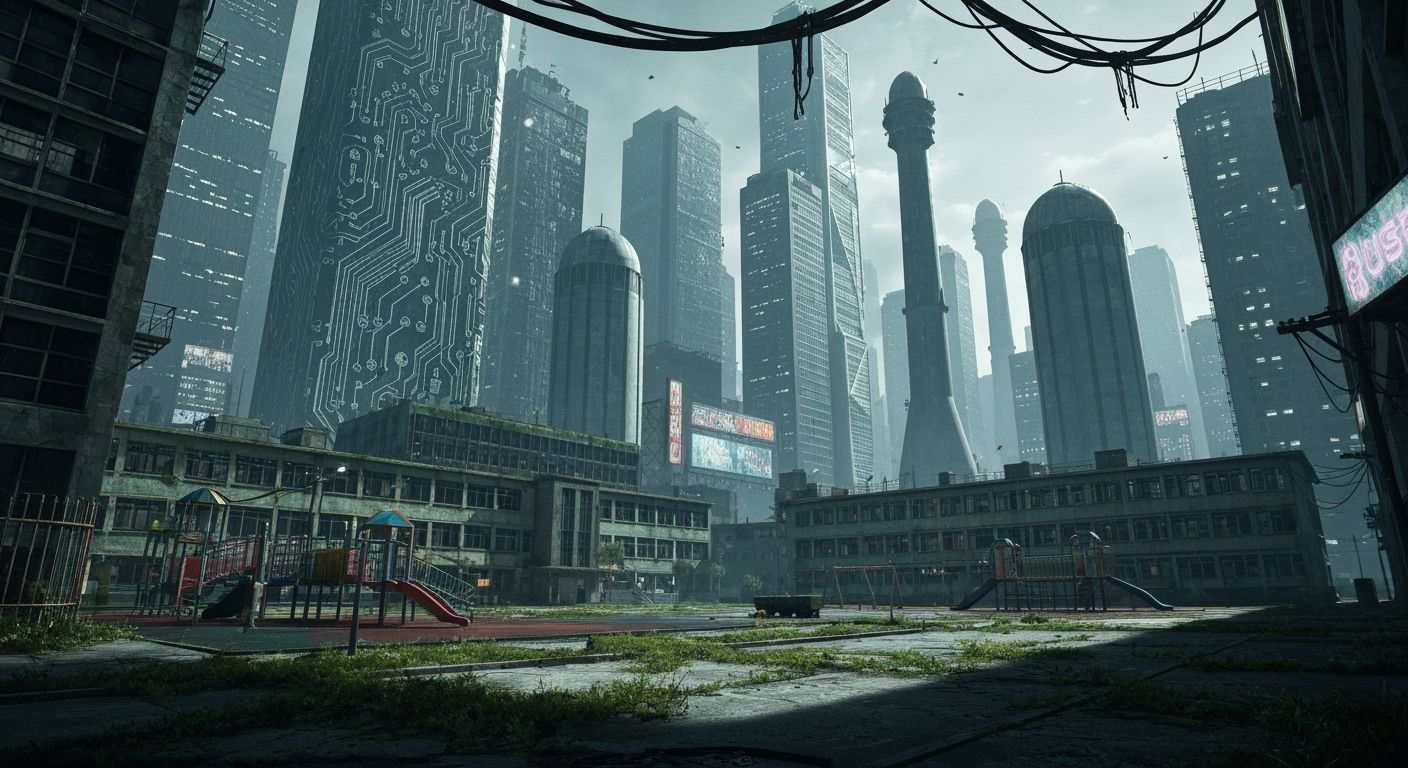Why professionals rarely start with 'what’s needed' before choosing technology
In one corner, we have Demis Hassabis, CEO of DeepMind, telling The Guardian in 2024 that AI will be “10 times bigger than the Industrial Revolution.” Disruption is inevitable, he says, but humanity will adapt, as it always does. The challenge is simply to manage the turbulence. In the other corner, we have Joseph Weizenbaum, reflecting in the 1980s on his earlier work designing a banking system for processing physical cheques. It was an intricate, technically satisfying project. Only years later did it occur to him that no one had asked whether automating cheque processing at scale was socially desirable, or what knock-on effects it might have. “It never occurred to me to ask,” he admitted. ...



